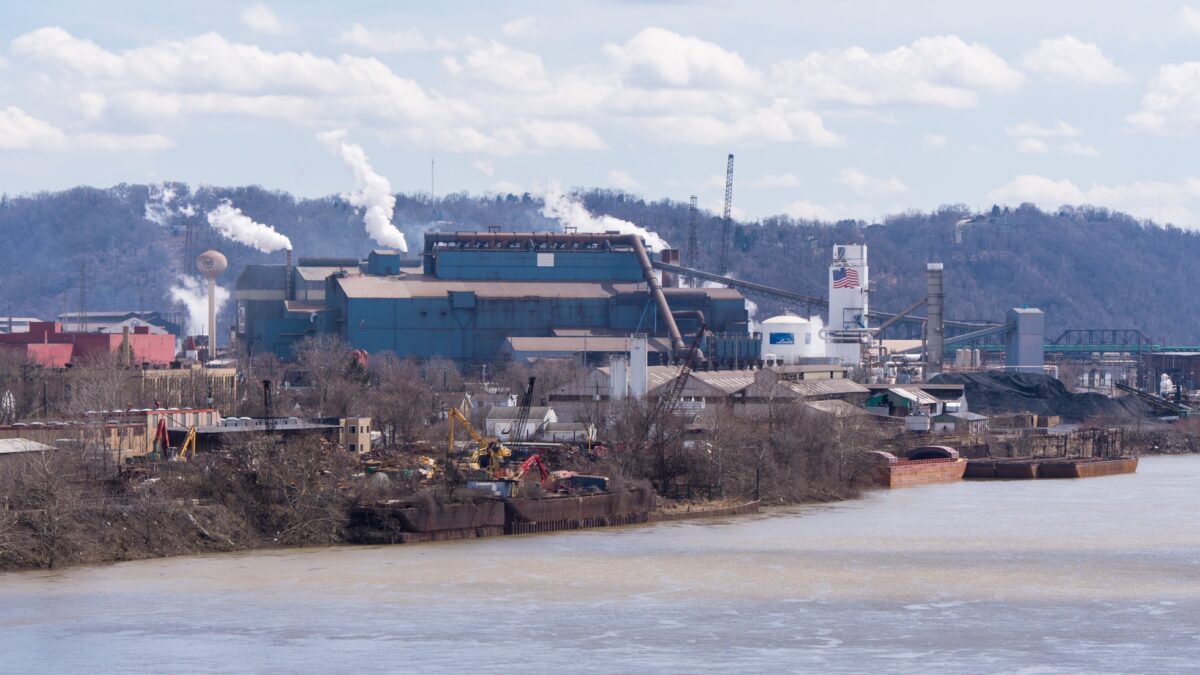Could Pennsylvania’s emission standards wreck our auto industry and energy sector?
Pennsylvania may be the birthplace of the Jeep, but if Gov. Josh Shapiro follows in former Gov. Tom Wolf’s radical energy-policy footsteps, the ability to purchase those gas-powered vehicles could soon be a thing of the past. At least, that’s what Stellantis — Jeep manufacturer and the parent company of Chrysler — has indicated.
Stellantis, according to a recent Wall Street Journal editorial, plans to substantially reduce shipments of its gasoline-fueled vehicles to the commonwealth. Its reason is simple: Pennsylvania emission standards are wholly inhospitable to business — an ugly consequence of following in the legislative footsteps of ultra-progressive California.
Indeed, Pennsylvania is one of over a dozen states that are taking their cues from the Golden State’s electrical vehicle (EV) regulations, and the impact on our auto industry could be devastating.
California mandated that electric vehicles make up 35 percent of automaker sales in 2026, 68 percent in 2030, and 100 percent by 2035. That’s a massive undertaking — one that comes at a significant cost.
And despite federal and state subsidies, EVs have not gained traction among consumers. In response, Stellantis and other manufacturers are reducing gas-powered options to game the system. Rather than reaching the regulation’s impractical EV sales targets, these automakers could cut their gas-powered vehicle sales, adjusting their sales proportions to meet regulators’ demands.
“We may be compelled to allocate fewer conventional gasoline engine vehicles to California states … [to] comply with the more stringent standards being enforced in the California states,” Stellantis warned. And the Jeep maker is likely just the first of many car manufacturers to reach the same conclusion and scale back production.
For Pennsylvania, the loss of gas-powered Jeeps is the canary in the coal mine — a harbinger of worse things to come. If this trend spreads to Pennsylvania, consumers will face shortages of gas-powered cars and inevitably higher prices.
If the state legislature doesn’t take a step back and reconsider the consequences of replicating California’s draconian emission regulations, Harrisburg risks driving out manufacturers, killing jobs, and hollowing out Pennsylvania’s entire auto industry.
But the problems don’t stop there. Under a California-style regulation scheme, Pennsylvania would have to rely on regulatory credits from Tesla and other EV makers to meet their benchmarks, creating an uneven playing field. The regulations would force those who fall short to pay a fee to comply. This practice would only further disrupt the market and lead to artificially inflated vehicle prices and energy costs across the board.
By emulating California’s regulatory approach, Pennsylvania risks not only its auto industry but also its entire energy sector. According to the U.S. Energy Information Administration, Pennsylvania is the second-largest net energy-supplying state, trailing only Texas. In 2021, the state produced a record-high 7.6 trillion cubic feet of natural gas. Pennsylvania is the second-highest natural gas-producing state, again behind Texas. The Keystone State also ranks third in coal production and second in nuclear power generation.
Meanwhile, impacts of a pending progressive green-energy pact further threaten Pennsylvania families. One estimate suggests the Regional Greenhouse Gas Initiative (RGGI) — currently waiting a Pennsylvania Commonwealth Court decision — will cost energy consumers $2 billion over nine years following implementation. RGGI’s devastating effects extend beyond energy bills. Estimates show that the pact could cost Pennsylvania 22,000 jobs and have a negative economic impact of more than $7 billion.
Undoubtedly, the consequences of blindly following California’s leftist approach would be severe. Forcing manufacturers to focus solely on electric vehicles would likely lead to layoffs and business closures and passing on the higher costs to consumers.
There’s no need to look outside the commonwealth to see the impact; earlier this month, the Homer City power plant closed, with the plant’s owners citing uncertainty about RGGI as a reason. In a similar vein, U.S. Steel recently opted to build a $3 billion steel mill in Arkansas. Pennsylvania was a finalist for the plant but ultimately lost the bid due to the state’s uncompetitive regulatory environment.
Pennsylvania stands at a crossroads in determining the future of its auto industry and status as an energy powerhouse. Harrisburg must reject crippling progressive mandates and, instead, allow innovation and market-based incentives to lead the way to a more prosperous future.
Ken Brier, a longtime and multiple Jeep owner, is a U.S. Army veteran having served in Desert Storm. He is a lifelong resident of suburban Philadelphia.





And it would be much cheaper for consumers if we put lead back into gasoline too!
I heard unleaded gas is “woke”!
Betteridge’s law of newspaper headlines: “Any headline that ends in a question mark can be answered by the word no.”